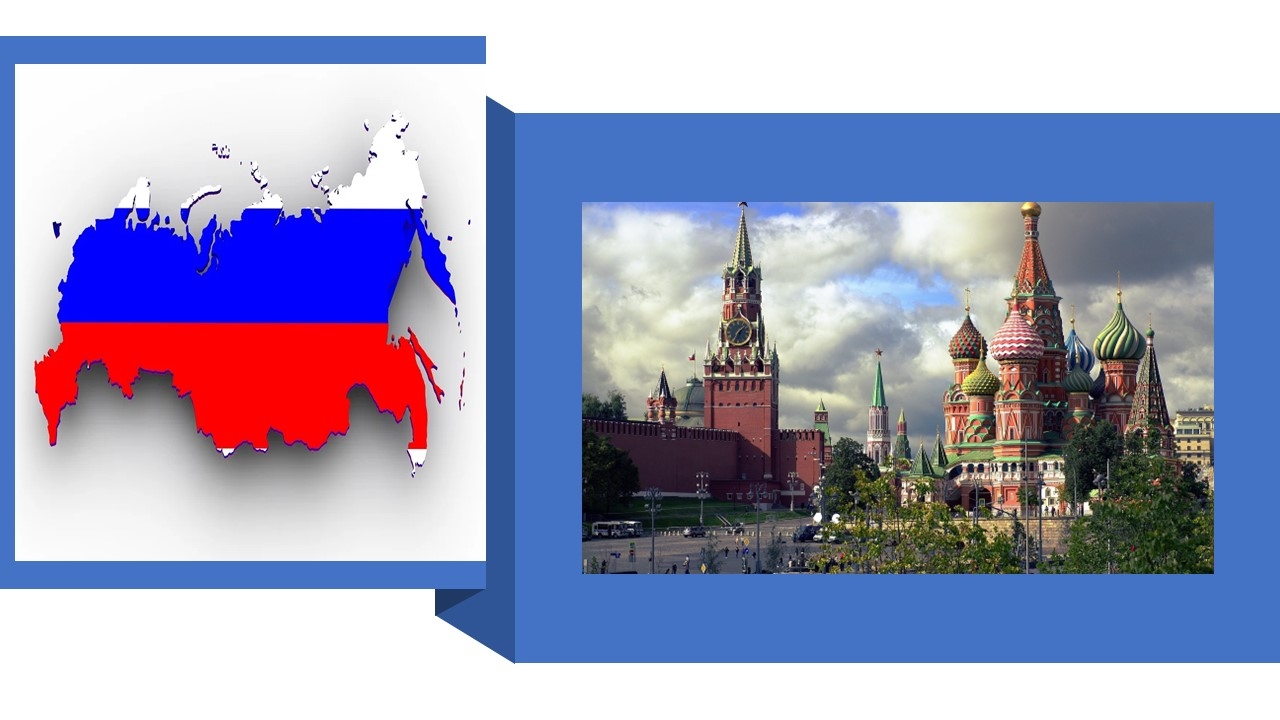Afghanistan: wasted sacrifices
Developing Just LeadershipCrescent International
Ramadan 02, 1418 1998-01-01
World
by Crescent International (World, Crescent International Vol. 26, No. 21, Ramadan, 1418)
When the first Russian troops landed in Afghanistan 18 years ago, few would have imagined that the rag-tag bands of Afghan mujahideen would last too long. The situation looked grim that winter of 1979 when huge Antanov transport planes disgorged their lethal wares at Bagram air base just north of Kabul. The people of Afghanistan endured many more grim winters after that paying a heavy price in life and blood. Millions became refugees in Pakistan and Iran. Many more millions were maimed by anti-personnel mines that were strewn across the Afghan landscape by the occupation army. In February 1989, when the last of the Russian soldiers was driven back into what was then the Soviet Union, the Afghans had offered more than a million martyrs to achieve this remarkable feat. Three years later, the communist regime that was still clinging to power, was also consigned to the dustbin of history.
There was justifiable euphoria throughout the Muslim world at the tremendous victory of the mujahideen. A claimant to superpower status had been humbled and its army trounced in the mountains of Afghanistan. The Afghans had proved as rugged and unshakable as the mountains. But the euphoria, alas, proved short-lived as the various Afghan groups started to fight each other. The fighting still rages adding to the list of dead and maimed.
Who is to blame for this state of affairs? Many observers hold outsiders responsible for the mess. We in these columns have also said as much. There is little doubt that outside forces - the US, Saudi Arabia, Pakistan, Russia, India etc. - are all involved for their own reasons. They are not interested in seeing an Islamic government established in Afghanistan. But can the Afghans themselves be absolved of responsibility? Even if we refrain from apportioning blame - which is a cop-out anyway - the fact is that the Afghans have shown little inclination to get along with each other. In any society, organisation or country, any group adopting maximalist positions cannot expect to achieve everything. There must always be give and take. Those who think otherwise are merely deluding themselves. The other option is for one side to achieve an outright victory.
The Afghans have shown a peculiar propensity for adopting maximalist positions and refusing to budge from them. Those who go down this route usually end up losing everything. Since 1992, a number of factions have come to power and then lost everything after bitter fighting. Today the Taliban are in control in Kabul but can they hold on indefinitely? True, their stay in power may serve the interests of their external sponsors but such interests are not permanent. With changed circumstances, these can and are likely to change. Who will be brought in next?
Much as the Taliban may believe, they cannot wish away the other groups nor can they change the demographic composition of the country. The Pashtuns may be in a majority but there are other ethnic groups also in the country who must be accommodated in the power-equation otherwise the turmoil is likely to continue. The refusal of the Taliban to countenance sharing power with other factions can only prolong the misery of the Afghan people.
Is it not a great tragedy that instead of pursuing Russia to pay raparations for the death and destruction wrought upon Afghanistan during its military occupation, the Afghans are simply at each other’s throats? All factions in Afghanistan are reduced to dependency on the United Nations for food aid. This is a disgrace. The country can feed itself if only the fighting stops. Did the 1.5 million people offer their lives and blood for this? Is it not time that the Afghans took a break from fighting and started to reflect on some of these questions?
Perhaps the eighteenth anniversay of the Soviet invasion of Afghanistan may offer an opportunity to ponder over these question seriously. Their friends also need to help them come closer to each other rather than widening their differences. This may be easier said than done but it is worth a try. A good starting point would be to convince all sides that there can be no solution if each side clings to its maximum demand and expect the other to climb down.
Muslimedia: January 1-15, 1998


